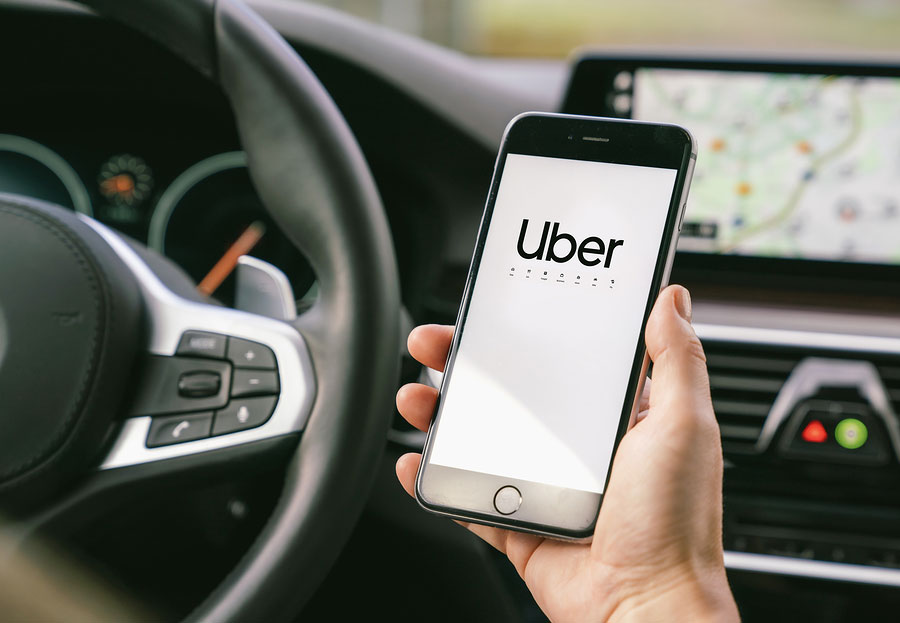By Suzee Ngo
In Melbourne, living as a daytime construction worker and at night as an Uber driver, Zabi Hullah is the financial support for his family in Pakistan and five unrelated others in Afghanistan.
When I met him, I booked an Uber home on a late, freezing night in the Melbourne CBD. He is among the 62.000 Uber drivers in Australia. He told me about Melbourne and his life. I could barely see his face in the dark, but the enthusiasm in his muscular accent stroked me. It took me twenty minutes to arrive home, but not enough for this driver to finish his story.
Before leaving, I decided I would write about him. I asked him. “Sure, I will be happy to”, he told me. We parted, leaving each other phone numbers, no names. I saved his contact as “That Uber Driver”. A few weeks later, we spoke on the phone. I recognised his same accent and enthusiasm. “That Uber Driver” now had a name, Zabi Hullah.

In 2010, the Australian government renounced suspending asylum claims from Afghan nationals. Hullah was one of the 8250 Asylum-seekers who arrived in Australia. He came to Brisbane first and then moved to Melbourne to start a new life.
Hullah, 27, work long hours to support his family in Pakistan. A few months ago, he received a call from his cousin about situations in Kabul, Afghanistan’s capital, and largest city. Kabul has been devastated by war, poverty, food insecurity and repression, especially of women and girls. They spoke and began planning to set up a charitable community in this city of roughly 4 million.
In August 2021, the Taliban seized control of Afghanistan and enacted laws that severely exacerbated this country’s socio-economic conditions. Following the event, international aid, which accounts for 75% of government spending, was halted. Additionally, the Afghan Central Bank’s US $9 billion in assets were frozen, causing a severe financial crisis for the nation’s banking industry and Afghan families.
A report in 2022 shows that 92 per cent of the population experience food insecurity, and 3 million children suffer from acute malnutrition. Meanwhile, with the Taliban’s extended ban on secondary school, about 80 per cent of girls have been denied their right to education, which resulted in a substantial rise in child marriage.
“From what I see, there is no good future for Afghanistan in the next 50 years,” Hullah told me. Much of the money he earns from his small construction business goes to his extended family in Pakistan. Working as an Uber driver gives him the extra cash, he needs to support his charitable work in Kabul.
The donation Hullah sends helps people to put food on the table and even computers for the children to study online. He is “willing to support them until they don’t need it,” however, the donor’s identity – his identity is kept secret. Neither does his family know about this humanitarian work. Hullah believes that “when you do something good, you don’t have to show yourself.” It was the lesson his late father taught him, he said.
The charitable spirits seem to run in his family, although Hullah would not admit it. From his early days in Afghanistan, his father often supported their community. Hullah reflected on how loved his dad was in the community. Charity flows in his family. One of his brothers, based in Pakistan, adopts and takes care of children whose families cannot.
According to Save The Children, the drastic decrease in family earnings had led around one million children in Afghanistan to engage in minor labour. A report by the Bureau of Democracy, Human Rights and Labour in 2021 notes that children are subjected to human trafficking for agricultural and construction work while armed groups recruit them as child soldiers.
“They should be studying, not doing farming,” said Hullah. Being fortunate enough to afford education in Australia, Hullah appreciates the value of education. He aspires to work hard enough to establish free education for children in Afghanistan, especially for the girls whose dreams are oppressed by the Taliban.
Hullah’s home is in Noble Park, a culturally diverse suburb of over 34.000 residents. Considering our encounter in the CBD of Melbourne, I asked why he would drive 25 km from his house. “I love seeing the city at night. It is beautiful and less traffic,” Hullah answered. “It helps me make good money”. He added that driving was always his passion, and his money is “clean and clear.”
He told me how he loves meeting and talking to people from all walks of life, which he calls “dealing with the minds”. He gets to drive to the airport, sometimes to other suburbs and states. “When you drive far away, you get more money”, he told me. Hullah even generously discloses that he has accumulated 40.000 AUD solely from Uber, and the total sum goes to the families in Afghanistan.
Through our conversation, Hullah called me “sister”. I smiled. Hullah told me he wanted to help the people in Afghanistan afford food and education. Later in life, he said, Hullah hopes to write a book about his work – to inspire people with his life motto: “charity is accepted when you can.”
